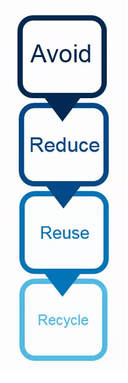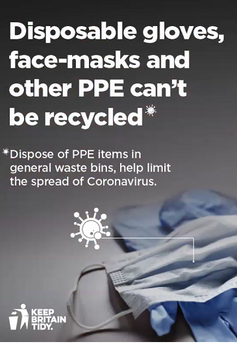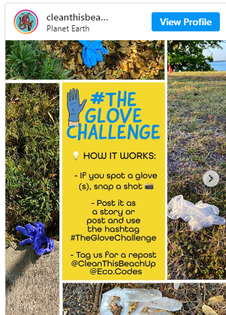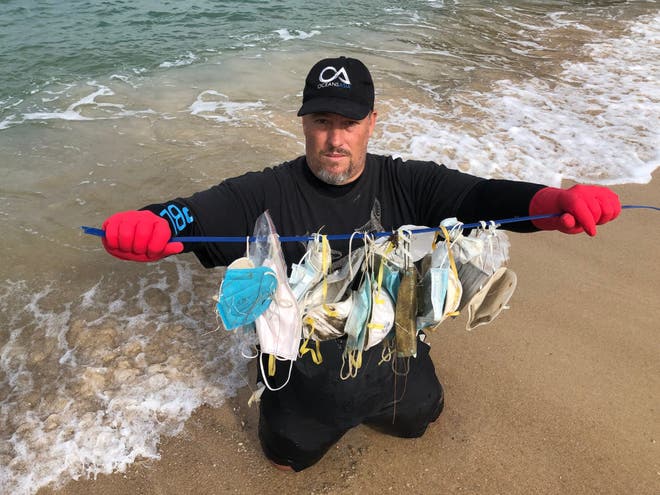How has waste and recycling been affected by Covid-19? I attended a really good webinar this morning about this question, and I thought I'd share some information about single use plastics.

Lockdown has had an affect on our types of waste and the behaviours we display around getting rid of our waste. For example, who could have predicted 5 months ago that so many face masks would be dropped into supermarket bins as people exit the building? I certainly didn't have any face masks at home in February, but we have a stash now, ready for whenever the weekly shop is called for.
Even during the pandemic, it's important to remember to AVOID, REDUCE, REUSE, and RECYCLE your waste. The environment can't take a 'messy break' and litter, waste and pollution are not something to allow just because "times are unprecedented". Through lockdown, more single use plastic has been used, in an effort perhaps by people trying to reduce their contamination risks. This is often things like
- plastic cutlery and plates on picnics and in school canteens, when reusable ones from home would be easy to take instead, and easily washed to use again.
- delivery packaging from supermarkets. If you've been lucky enough to 'bag' *ahem* a supermarket delivery slot, you may have noticed they are not using reusable containers anymore, and are relying on plastic carrier bags a lot more.
- takeaway containers not only from your normal Chinese or fish and chips shop, but also from restaurants and cafes who are now offering a new 'lockdown' takeaway service. Most of these are (recyclable) plastic or (non-recyclable) polystyrene containers, many of which are not disposed of properly when the meal is over.
The reduced choice and availability in supermarkets has also contributed to the issue. Many people who would have chosen the 'plastic free' produce now have now option but to buy the cellophane wrapped broccoli and the huge 1kg bag of carrots instead of buying loose.

Masks need to be put responsibly in the bin; They are made from a mix of materials, including plastics, and cannot be recycled. Masks often end up thrown on the floor when used, left available for wildlife to eat and to create an eyesore in public areas. I know I've seen some on the pavements in my local area, and in green areas...
And marine pollution doesn't escape either. The Guardian reported 'more masks than jellyfish' recently.
How can we combat this?
- Report littering and flytipping to your local council. You can often just fill out a quick form online and they generally clear up the issue within a few days, if you're lucky.

- It is still safe to litter pick, if you wish, but I'd strongly recommend using gloves and a litter-picker if possible (the grabbing stick kind).
- Now the recycling centres are open again, make full use of them if your recycling is overflowing. This will leave more space in your refuse bin for things like masks and rubber gloves which cannot be recycled.
- Make sure your mask is binned - and stays in the bin! If the bin is overflowing, take it home with you and dispose of it there.
- Use reusable masks
You may have seen this striking photo from Oceans Asia. Possibly does more with the image than my 100s of words here.
Lou x




 RSS Feed
RSS Feed
